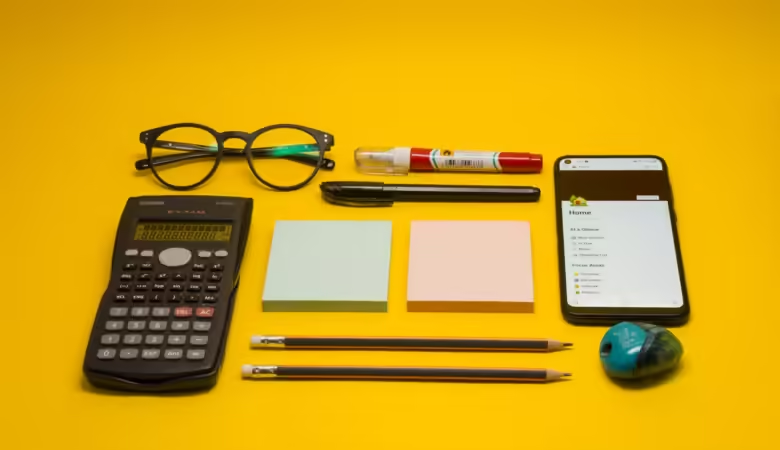How Social Media Algorithms Manipulate Your Attention
In today’s digital age, social media platforms have become an integral part of our daily lives. Whether it’s checking Instagram first thing in the morning or scrolling through TikTok before bed, these platforms have a powerful grip on our attention. But have you ever wondered how they manage to keep us hooked? The answer lies in the sophisticated algorithms that drive these platforms, designed specifically to capture and hold your attention for as long as possible.
Understanding Social Media Algorithms
Social media algorithms are complex systems that determine what content appears in your feed. They analyze your behavior—what you like, share, comment on, and how long you spend on certain posts—to create a personalized experience. While this may seem like a beneficial feature, these algorithms often prioritize content that elicits strong emotional responses, such as outrage, excitement, or sadness. This keeps you engaged and coming back for more.
The Psychology Behind It
At the core of these algorithms is a deep understanding of human psychology. They tap into our natural tendencies and vulnerabilities, such as the fear of missing out (FOMO), the need for social validation, and the desire for instant gratification. The more time you spend on the platform, the more data the algorithm collects, making it even better at predicting what will keep you engaged.
Manipulation Tactics Used by Algorithms
The manipulation of your attention by social media algorithms is not accidental—it’s by design. Here are some of the key tactics they use:
- Endless Scrolling:
- Platforms like Instagram and Twitter use infinite scrolling to keep you engaged. Unlike traditional websites where you reach the end of a page, social media feeds are designed to never end, encouraging you to keep scrolling indefinitely.
- Notifications and Alerts:
- Social media apps send notifications to draw you back in, often highlighting content you might find interesting or letting you know when someone interacts with your posts. These alerts are carefully timed to maximize your engagement.
- Personalized Feeds:
- Algorithms create highly personalized feeds based on your previous interactions. This tailored content keeps you in a bubble of your interests, making it harder to step away from the platform.
- Social Validation:
- Likes, shares, and comments are powerful tools for social validation. Algorithms amplify content that has already received significant engagement, making you more likely to engage with it yourself.
- Content Recommendations:
- Platforms like YouTube and TikTok use recommendation engines to suggest content that you are likely to enjoy. These recommendations are based on your watch history, keeping you glued to the platform.
- Emotional Triggers:
- Algorithms prioritize content that elicits strong emotional reactions, such as anger or joy. This is because emotionally charged content is more likely to be shared, spreading it further across the platform.
- Engagement Loops:
- Social media platforms use engagement loops to keep you coming back. For example, after you post a picture, you might receive a notification when someone likes it, prompting you to check the app again.
- Fear of Missing Out (FOMO):
- Algorithms can create a sense of urgency by showing you what your friends are doing or what’s trending. This taps into your fear of missing out, making you feel the need to stay constantly updated.
The Impact of Algorithmic Manipulation
While these tactics can be effective at keeping us engaged, they can also have serious consequences for our mental health and well-being. Prolonged exposure to social media can lead to issues such as anxiety, depression, and low self-esteem. Moreover, the echo chambers created by personalized feeds can reinforce our existing beliefs and biases, limiting our exposure to diverse perspectives.
Practical Tips to Regain Control
It’s crucial to be aware of how social media algorithms manipulate your attention so you can take steps to regain control. Here are some practical tips to help you navigate these platforms more mindfully:
- Set Time Limits:
- Use app timers or built-in tools on your phone to limit the time you spend on social media. This can help you break the cycle of endless scrolling.
- Turn Off Non-Essential Notifications:
- Disable notifications for likes, comments, and other non-essential alerts. This reduces the number of times you are drawn back into the app throughout the day.
- Curate Your Feed:
- Take control of your feed by unfollowing accounts that don’t add value to your life. Follow accounts that inspire, educate, or uplift you instead.
- Be Mindful of Your Emotions:
- Pay attention to how certain content makes you feel. If you notice that certain types of posts trigger negative emotions, consider muting or unfollowing those accounts.
- Engage with Purpose:
- Before opening a social media app, ask yourself why you’re doing it. Are you bored, anxious, or procrastinating? Try to engage with the platform with a specific purpose in mind, rather than mindlessly scrolling.
- Diversify Your Content:
- Break out of your echo chamber by intentionally seeking out diverse perspectives. Follow people from different backgrounds, cultures, and viewpoints to broaden your understanding.
- Take Regular Breaks:
- Schedule regular social media detoxes. Whether it’s for a day, a weekend, or even longer, taking breaks can help you reset and gain perspective.
- Use Alternative Platforms:
- Consider using social media platforms that prioritize privacy and well-being over engagement. These platforms often have different algorithms that are less manipulative.
- Educate Yourself:
- Stay informed about how social media algorithms work. The more you know about the tactics used to capture your attention, the better equipped you’ll be to resist them.
In summary
Social media algorithms are designed to keep us engaged, often by manipulating our attention in ways that can be detrimental to our well-being. By understanding the tactics these algorithms use, you can take proactive steps to regain control over your social media use. Remember, the goal isn’t to completely disconnect from social media but to engage with it more mindfully and intentionally. After all, the power to control your attention lies in your hands.












Leave a Reply